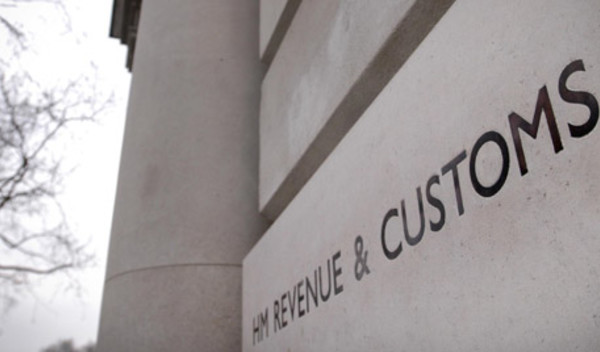

HM Revenue & Customs has promised to address failings that led to thousands of benefit recipients having their tax credits withdrawn.
The promise came in response to pressure from the Work and Pensions select committee, and related to decisions made by Concentrix, a business services company hired by HMRC to clamp down on tax credit fraud.
HMRC's investigation could benefit up to 5,000 people who were denied tax credits as a result of decisions made by Concentrix.
It would also result in improved communication with benefit recipients beyond simply sending letters, HMRC promised.
In May 2014, HMRC hired Concentrix to investigate possible fraud and error in tax credit claims, and gave it power to refuse payments in cases where it discovered fraud or error.
The contract was ended in September 2016, and a Work and Pensions select committee inquiry later claimed major failings on the part of Concentrix.
In a Decemebr 2016 report, the committee claimed benefit recipients had been refused tax credits unjustly.
It claimed, for example, that Concentrix had given recipients 30 days to respond to letters, and if they did not respond in that time, they automatically had their tax credits revoked.
The committee also claimed "the merest 'hint' that a claim may contain more than 'zero risk' of fraud or error was enough to trigger a compliance check".
The report concluded: "We have grave concerns about the delegation of benefit decision making to private companies. This is especially true when payment structures incentivise the removal of benefits.
"We welcome HMRC’s commitment not to use private contractors to make benefit decisions in future. DWP should consider carefully the experience of Concentrix before they contemplate letting any similar contract."
In a letter to the committee, HMRC chief executive Jon Tompson promised to make a number of changes, including: reviewing and revising all letters; prompting customers to respond to HMRC enquiries; making it easier for customers to engage with the tax man; and the rapid reinstatement of payments.
"One of the key learning points I reported to the Committee in October was that critical performance issues were not escalated to the right levels quickly," Mr Tompson wrote.
"To ensure this does not happen again, the 2017 HRR process will be governed through a ‘Gold Command’ structure alongside the broader Renewals programme, to monitor performance closely and ensure issues are escalated in real time."
He ended the letter: "I believe we have listened to the comments of our customers and stakeholders and addressed the core issues, whilst continuing to fulfil our responsibilities to reduce error and fraud in the welfare system."
A spokesperson for the Work and Pensions committee welcomed HMRC's commitments, saying: "Many claimants understandably find the demands of a Mandatory Reconsideration prohibitively daunting. That is why we asked HMRC to review decisions by Concentrix where such an appeal was not submitted.
"We already know that the vast majority of those initial appeals were upheld: that the review of the first 30,000 cases which were not appealed in that way has uncovered 5,000 where further information is being requested vindicates that process. It also further highlights the huge flaws in the decision making process used. But credit goes to HMRC for going the extra mile the Committee requested."
james.fernyhough@ft.com



